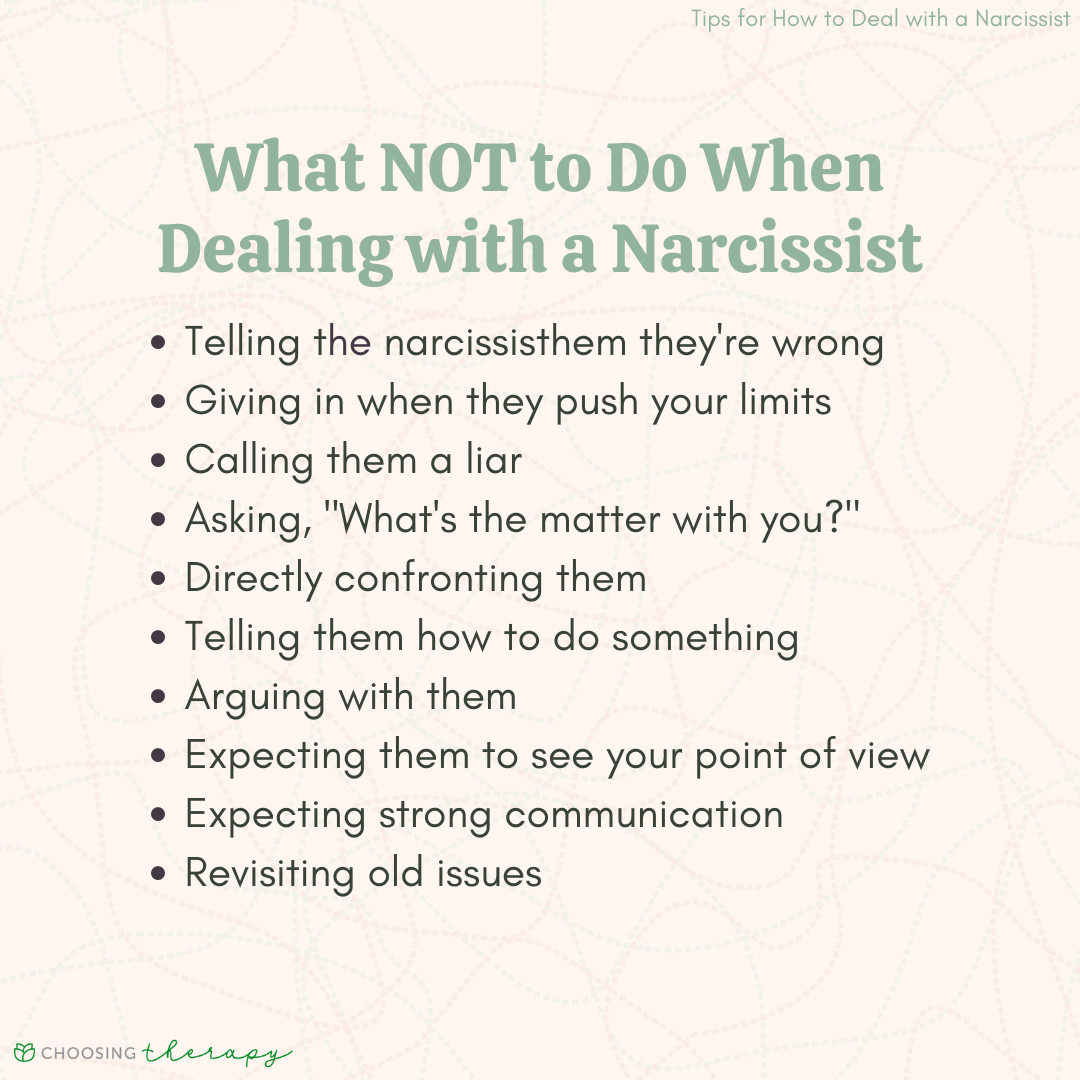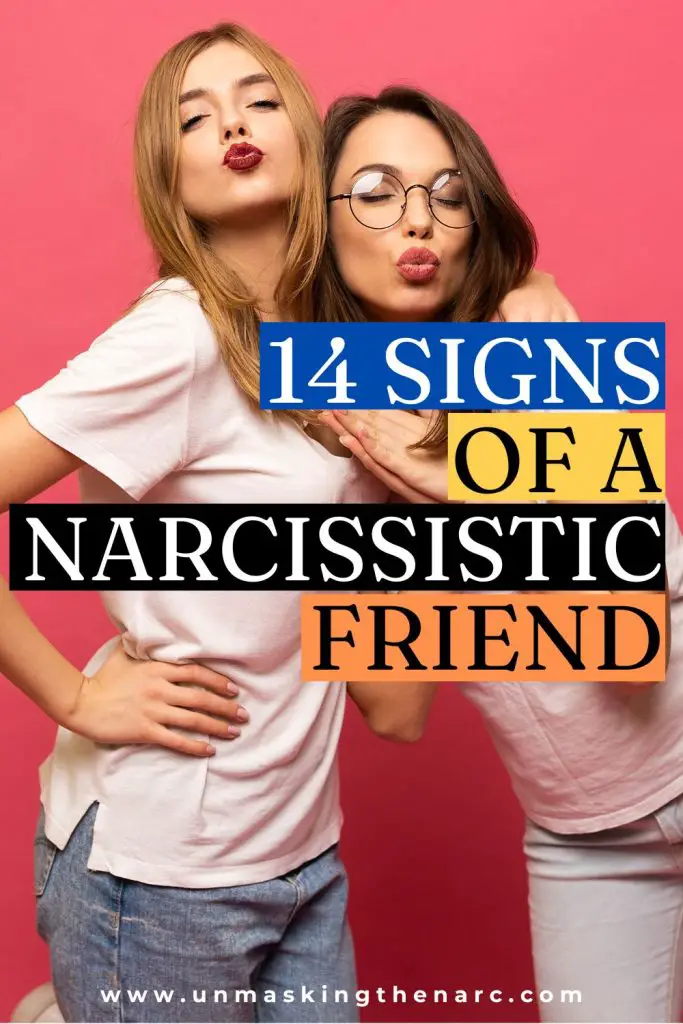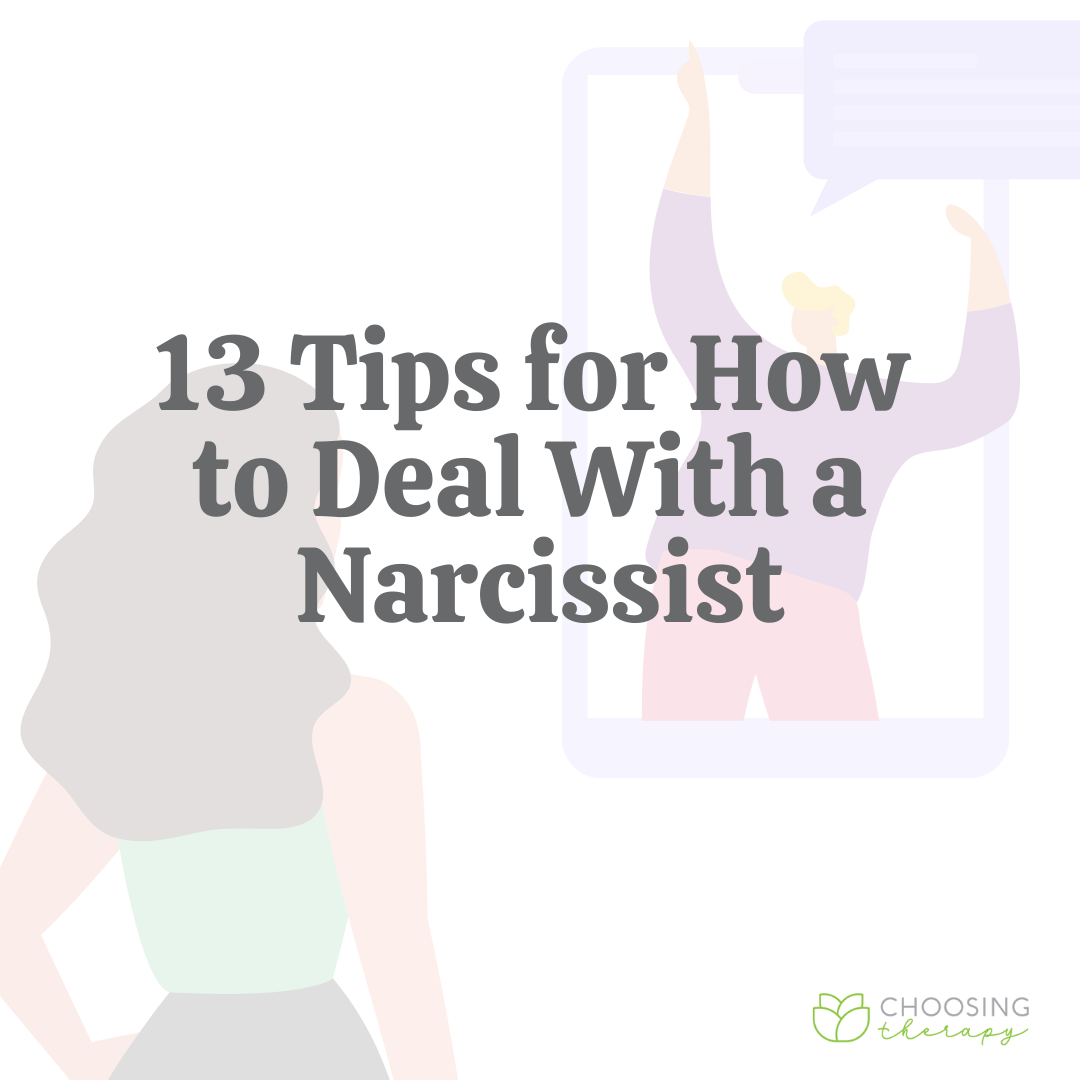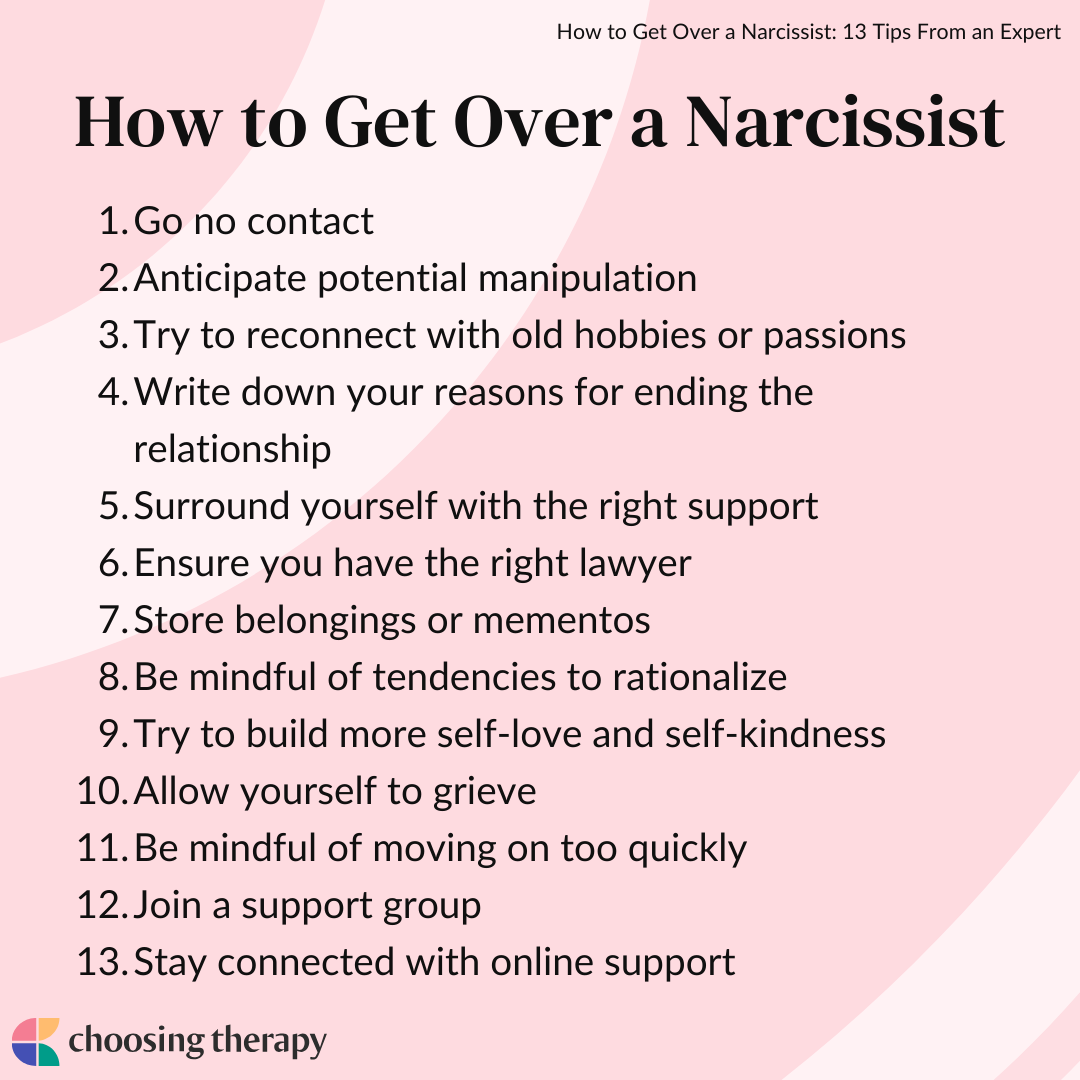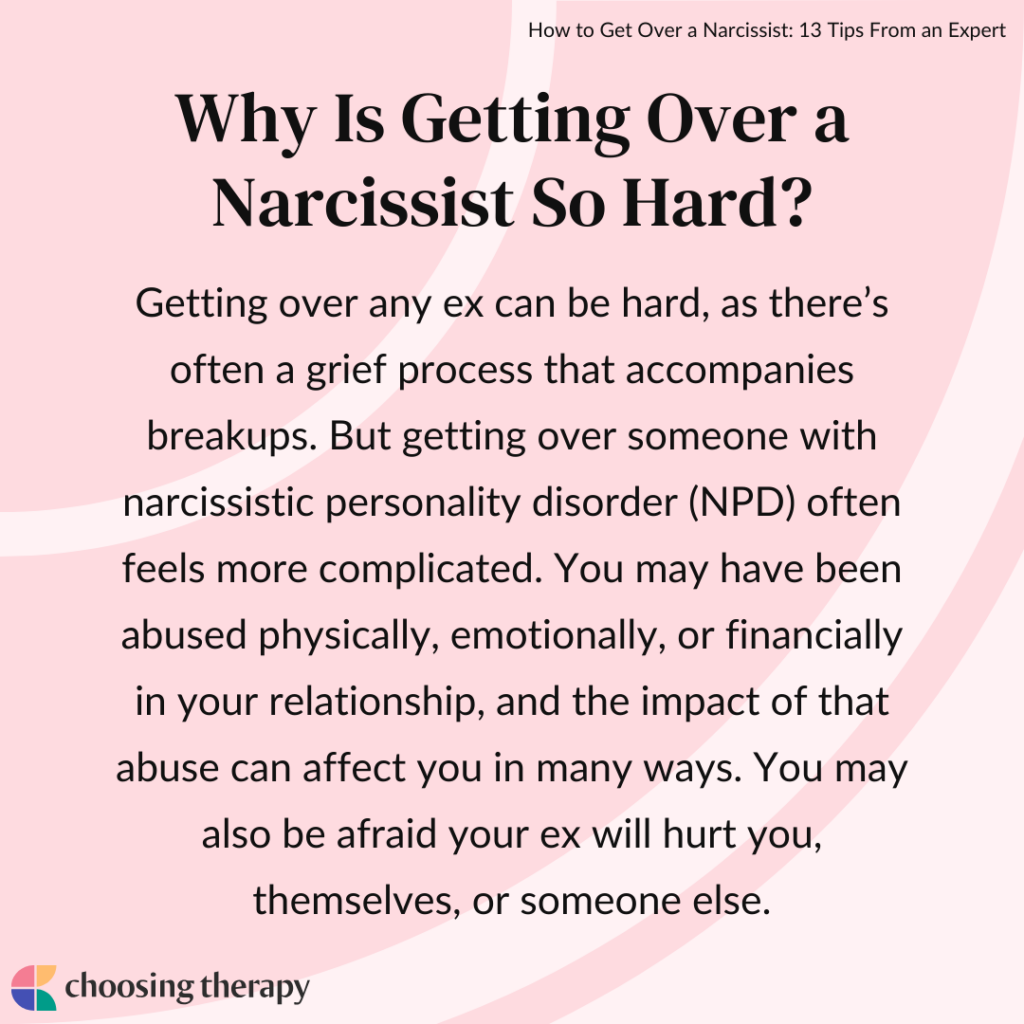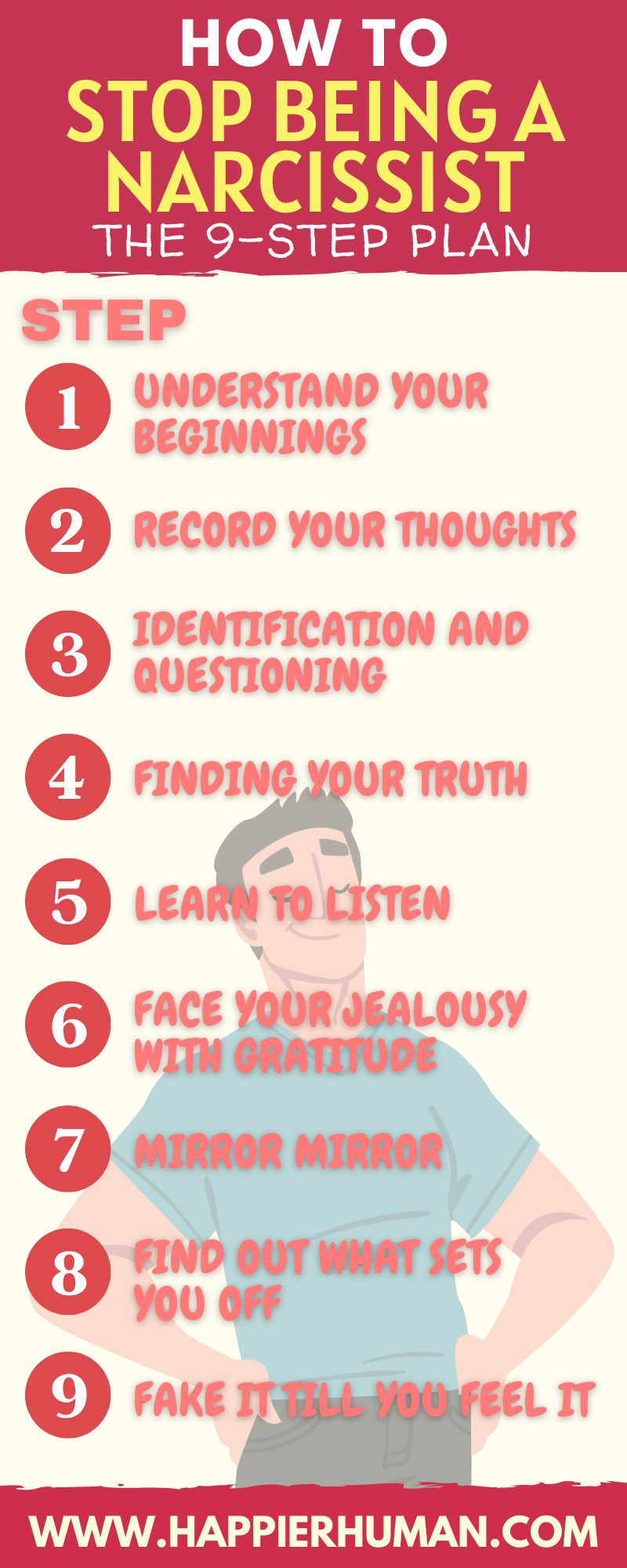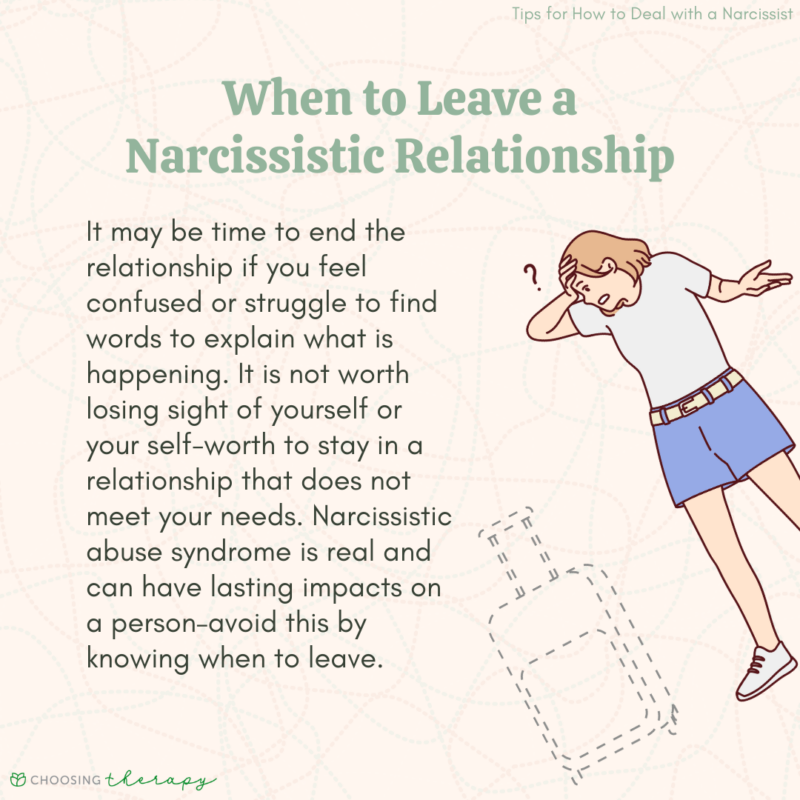How To Get Rid Of A Narcissist Friend

Navigating friendships can be complex, but dealing with a friend exhibiting narcissistic traits presents unique challenges. These individuals, characterized by an inflated sense of self-importance, a need for excessive admiration, and a lack of empathy, can create emotionally draining and even damaging relationships. While a formal diagnosis of Narcissistic Personality Disorder (NPD) can only be made by a mental health professional, recognizing the behaviors associated with narcissism is the first step in deciding how to proceed with the friendship.
This article explores strategies for managing or ending a friendship with someone displaying narcissistic tendencies. It offers practical advice grounded in psychological principles and real-world experiences, aiming to empower individuals to prioritize their own well-being while navigating these difficult relationships.
Recognizing the Patterns
Before taking action, it's crucial to identify patterns of behavior associated with narcissism. These may include a constant need for attention, a tendency to dominate conversations, a lack of consideration for your feelings, and an inability to take responsibility for their actions.
Experts suggest that if you consistently feel emotionally drained, manipulated, or devalued after interacting with your friend, it might be time to re-evaluate the relationship. Consider keeping a journal to document specific instances of these behaviors to gain clarity.
Setting Boundaries
Establishing clear boundaries is often the first line of defense. This involves defining what behaviors you are willing to tolerate and communicating these limits assertively. For example, you might say, "I appreciate you sharing your experiences, but I also need a chance to talk about my own life."
Be prepared for resistance. Individuals with narcissistic traits often struggle with boundaries and may attempt to manipulate or guilt you into abandoning them. Consistency is key to enforcing these boundaries.
Limiting Contact
If setting boundaries proves ineffective, consider limiting your contact with the friend. This doesn't necessarily mean ending the friendship abruptly, but rather creating more emotional distance. This could involve declining invitations, shortening conversations, or reducing your availability.
Psychologists advise against engaging in arguments or trying to change the person's behavior. Focus on protecting your own emotional well-being by minimizing exposure to their toxic patterns.
The No Contact Approach
In some cases, the only effective solution may be to completely sever ties, known as the "no contact" approach. This involves cutting off all communication and avoiding any interactions with the person.
This can be a difficult but necessary step if the relationship is significantly impacting your mental health and well-being. It's important to have a support system in place, such as friends, family, or a therapist, to help you through the process.
Seeking Professional Support
Dealing with a narcissistic friend can be emotionally taxing. A therapist can provide guidance and support, helping you to understand the dynamics of the relationship and develop healthy coping mechanisms.
Cognitive Behavioral Therapy (CBT) can be particularly helpful in challenging negative thought patterns and developing assertive communication skills. Remember, prioritizing your mental health is not selfish; it's essential for your overall well-being.
Navigating the Aftermath
Ending a friendship, particularly one with a narcissistic individual, can be emotionally challenging. You may experience feelings of guilt, sadness, or even anger.
It's crucial to allow yourself time to grieve the loss of the friendship and to focus on self-care activities that promote healing and well-being. Surround yourself with supportive people who can offer empathy and understanding.
Remember that you are not responsible for the other person's behavior, and you have the right to prioritize your own emotional health. Breaking free from a toxic friendship is a significant step towards creating a healthier and happier life.
While it's important to have empathy for others, recognize that you cannot fix or change a person with narcissistic traits. The best course of action is often to protect yourself and create a healthy distance, allowing you to move forward and build more fulfilling relationships. Remember, prioritizing your well-being is paramount.




